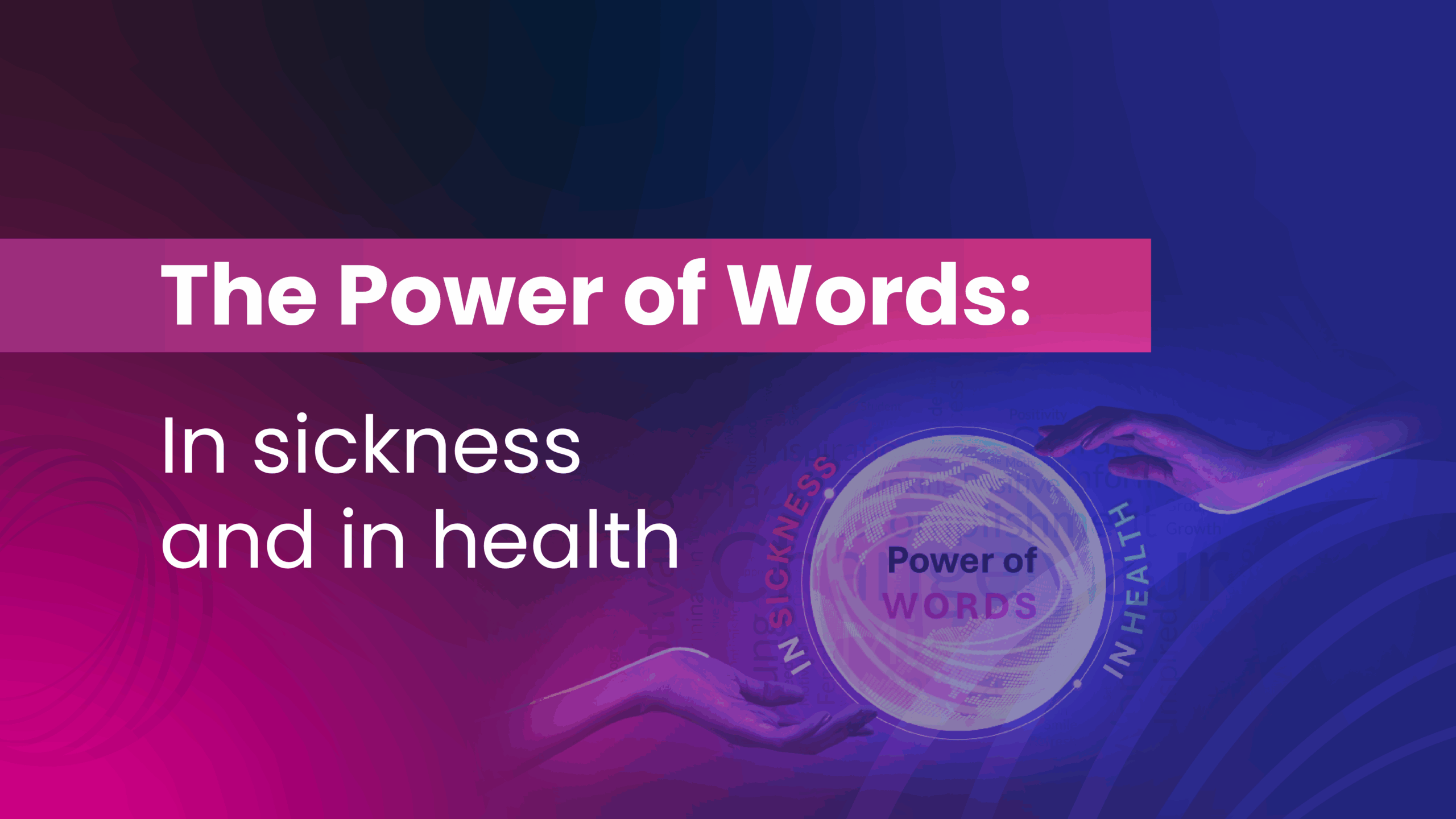
Author: Sam Hope, CEO, Beyond Blue
Why is it that some people will happily stick to collagen powders and herbal elixirs but skip life-saving medication? This puzzling question became the spark for our self-funded study. Watching my own mother consistently and purposefully forget her prescriptions, while never missing a single supplement dose, made me curious. What we uncovered says a lot about how people think about health today.
What we discovered
The wellness industry is already more than four times larger than the global pharmaceutical sector, and the gap continues to widen. But what makes wellness so powerful isn’t just size, it’s the why and how it got to that size.
Our research revealed that wellness brands aren’t just selling products, they’re also selling a lifestyle. They’re selling belief systems, identity, and belonging. Their communities are tribal, visual, and deeply emotional. Unlike pharma, which relies on clinical evidence and medical authority, wellness has built something far more human: community.
That single insight helped us make sense of the rest. Wellness brands thrive because they promise transformation. Their underlying message is simple and seductive: “You can be like us”. It’s an aspirational identity that makes people proud of their health needs rather than ashamed of them.
Belonging, aspiration, and forgiveness
Wellness brands also excel at personalisation. They tell people, “You’re unique, and so your health solution should be too”. That emotional hook resonates in ways pharma’s often standardized, compliance-driven messages rarely do.
Even more striking was the tone difference. In the wellness space, social media conversations are upbeat, aspirational, and emotionally rich. In pharma, they’re often clinical, anxious, or problem-focused. One frames health as a dream worth chasing, while the other frames it as a problem to solve.
This aspirational framing gives wellness brands an enormous advantage. Customers show patience and loyalty even when products underperform, because they feel a sense of ownership over their choices. That level of forgiveness is something pharma adherence programs can only dream of.
Trust in the digital age
Digital transformation has accelerated this shift. People now turn to social media and AI for health information, rather than relying solely on doctors or official sources. Wellness brands have seized on this, positioning influencers and advocates as “trust machines”.
Even more cleverly, they encourage self-trust. They celebrate people for doing their own research, for being proactive, for “listening to their body”. This makes consumers feel like health experts in their own right. Who knows you better than yourself? The result is powerful engagement and loyalty.
What It Means for Pharma
The cultural shift toward empowerment, aspiration, and belonging isn’t going away. People want more than treatment, and pharma needs to adapt quickly.
That’s where our research comes in. We’ve uncovered insights that go far beyond what we’ve shared here – insights that are best explained in conversation – with strategies to shape both your Q4 planning and your approach to 2026.
That said, we’d like to invite you to view the recording of the webinar “The Power of Words”: Lessons from Wellness for Pharma, conducted by Mike Pepp and me, where we dove deeper into the findings and showed how pharma can turn wellness’s success into actionable strategies.
